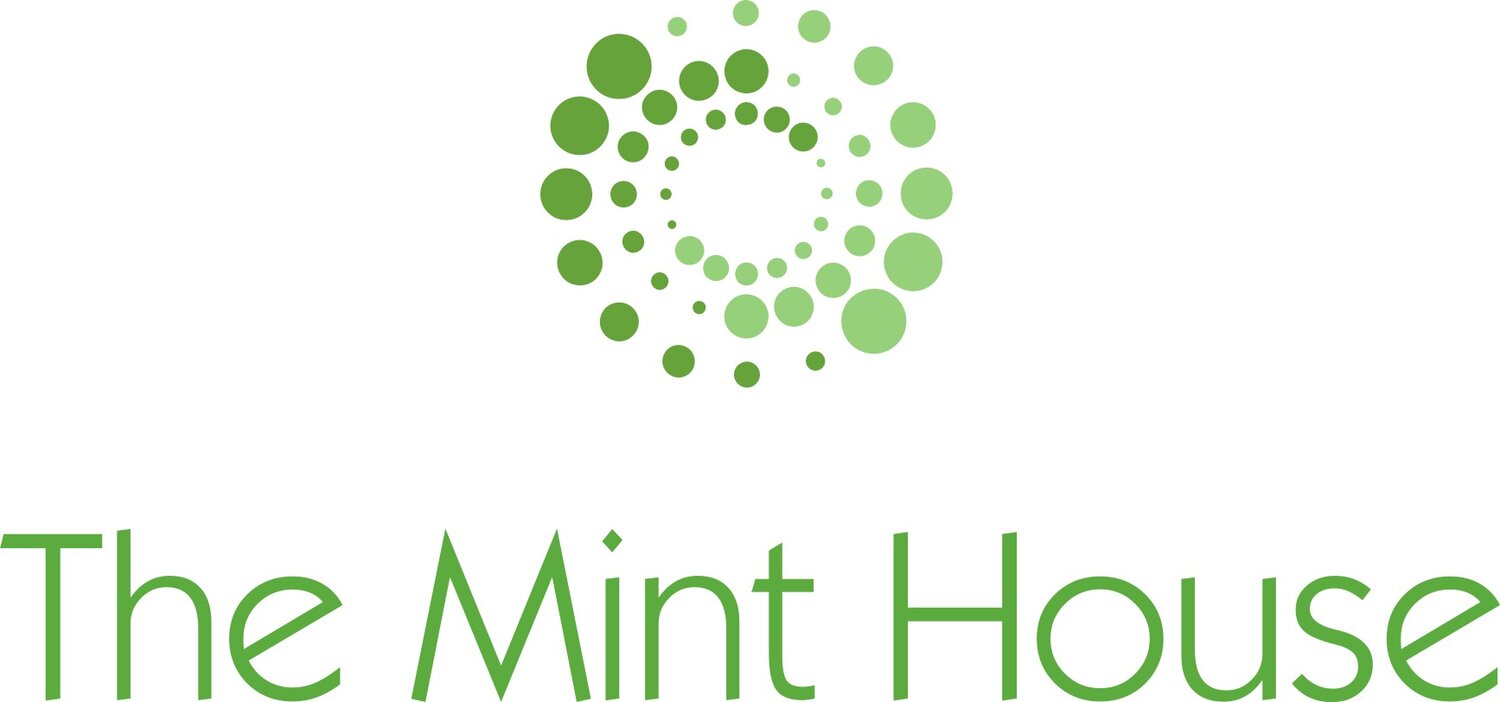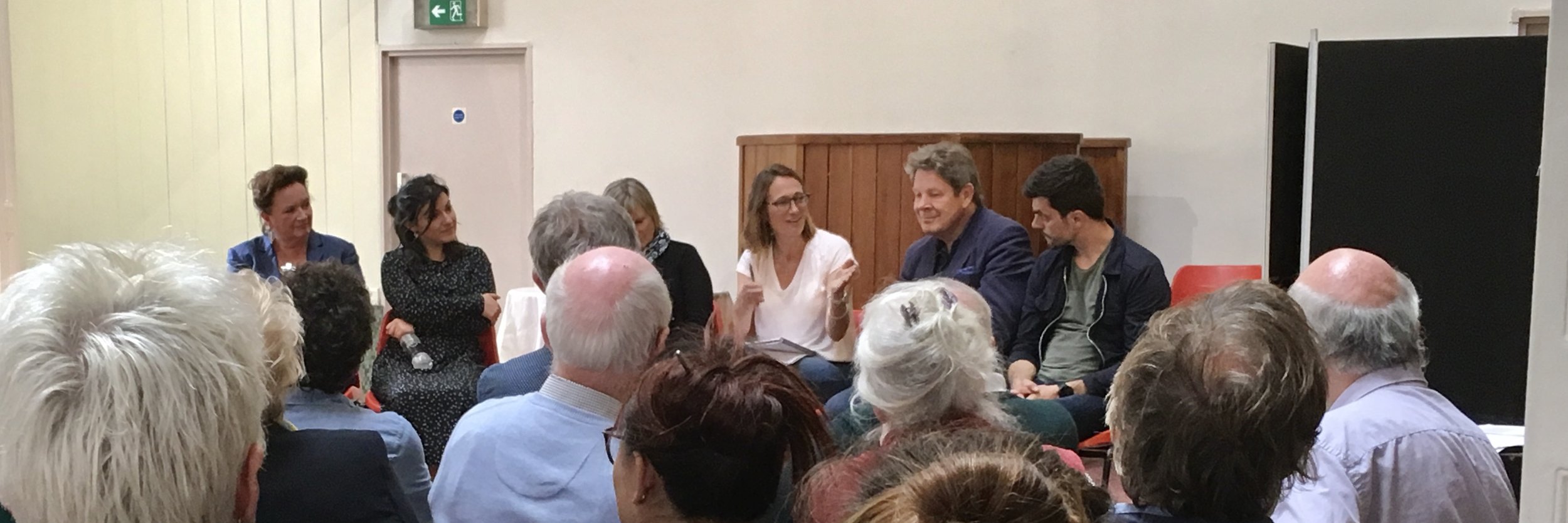by Rebecca Abrams
When The Mint House generously offered to host a performance reading of my play The Meeting Room, I said yes without a moment’s hesitation. A few weeks later, on a gorgeous June afternoon in 2019, it was performed in front of an invited audience of about fifty people, with unscheduled musical accompaniment from a busker outside on his electric guitar.
Inspiration for the play came from several sources. As a writer of both fiction and non-fiction, I’ve always been interested in family dynamics and family conflict. The themes of justice and forgiveness have also long fascinated me. And I’d been wanting for some time to write a modern version of the Greek tragedy, Electra, which so powerfully addresses all of these issues.
The idea of writing about the restorative justice process specifically took shape in response to conversations over several years with a close friend about her experiences as a restorative justice facilitator. Her work seemed so vital to me - and so difficult!
How do you loosen the iron grip of anger, pain and grievance? How do you get people to the point where they are willing to sit in a room and talk to the very person who’s hurt them so deeply?
To research The Meeting Room I read about the restorative justice process, and attended a fascinating event at The Mint House with facilitators, victims and ex-offenders. I also visited HMP High Down for the final session of a Sycamore Programme, where I was able to talk to offenders about their experiences. All of these fed into the play in its final form.
The play’s action takes place over nine months, from a first request for an restorative justice meeting to the meeting itself. It centres on a mother and her adult son and daughter. The son has been serving a twelve year prison sentence for killing his father when he was a teenager.
Now due for release, the son wants his mother’s forgiveness. She is torn between a desire to reconcile and a deep fear of reconciliation. The daughter, meanwhile, for reasons of her own, is adamant that there can be no forgiveness for her brother’s actions.
All three characters are locked into conflicting versions of the events that have so powerfully shaped their lives. Some of those events are indisputable, but others sit in the shadows, unacknowledged and terrifying.
During one of our conversations my restorative justice faciliator friend said something that lodged in my mind. ‘The important work has all happened before the victims and perpetrators actually meet,’ she told me, ‘in the weeks and months leading up to an restorative justice meeting.’
Loosening the knots that bind us to a certain way of thinking or feeling, she explained, is a slow and delicate process. One that happens not simply between people, but within them. In physical and temporal spaces, but also in invisible psychological spaces.
In The Meeting Room I wanted to enact all those different kinds of space. To show not only the characters’ physical encounters, but also the internal meetings that take place, in their minds and hearts, consciously and unconsciously. I wanted to explore those shifting spaces between and within them, the spaces where they can, hopefully, begin to encounter other ways of thinking and feeling about the past.
Conflict is at the heart of every compelling story, and every tragic one. The collision of different needs and different ways of seeing the same situation. The RJ process, when it succeeds, does something truly remarkable and infinitely precious. It helps people to move beyond the conflict deadlock.
It enables them to consider events from other perspectives, to meet those they’ve hurt and been hurt by, and also to meet themselves, and encounter different versions of themselves.
Above all, that is what I have tried to explore in this play. Because shutting out the possibility of meeting ourselves and others, with all our mistakes and flaws, our shame and guilt, ultimately makes prisoners of us all.
Rebecca Abrams is an author, literary critic, tutor in creative writing, and journalist based in Oxford.
NOTE (March 2022): We explored this topic further at one of our network events: Using the arts to engage with restorative justice
NOTE (June 2024): The play has been renamed All of Us and we are hosting a film screening of a recording of the play on the 27th of July 2024:






